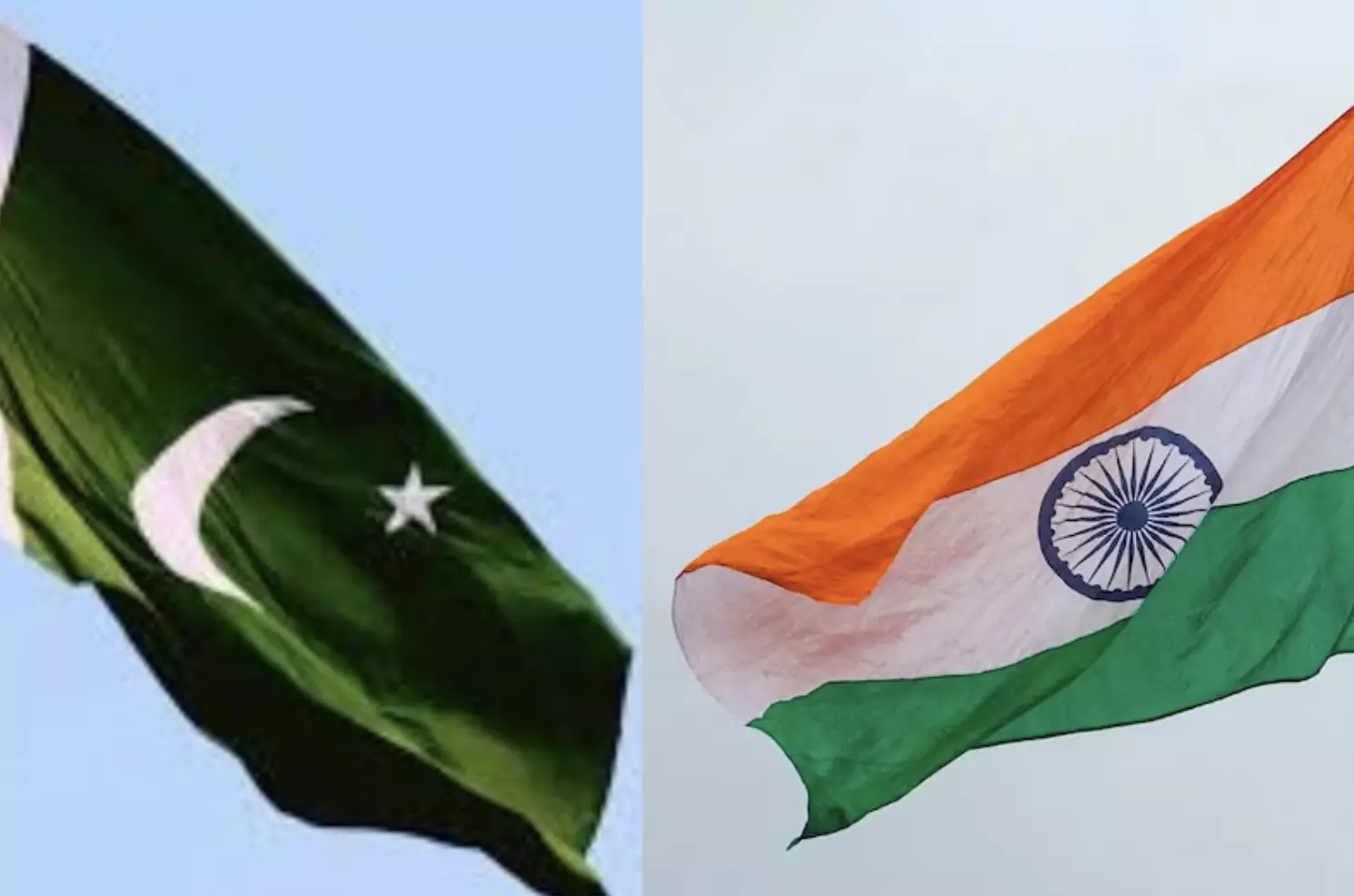India demands modification of Indus waters treaty
India demands modification of Indus waters treaty

In a significant step that underscores its growing frustration with the 1960 Indus Waters Treaty, India has issued a formal notice to Pakistan on August 30, 2024, seeking a review and modification of the Treaty. This move is seen as the Modi government's determination to correct what it views as a historical mistake.
Under Article XII (3) of the Treaty, its provisions can be modified by a new ratified agreement between the two governments. Indian officials believe that Pakistan has consistently obstructed projects on the Indian side and exploited India's generosity under the Treaty.
The Indian notification emphasizes fundamental and unforeseen changes in circumstances since the Treaty's conclusion in 1960, necessitating a reassessment of obligations under its various Articles. Three specific concerns have been highlighted:
Changed Population Demographics: The significantly altered population demographics and their associated agricultural and other uses of the waters.
Clean Energy Development: The need to accelerate clean energy development to meet India's emission targets.
Cross-Border Terrorism: The impact of persistent cross-border terrorism in Jammu and Kashmir, which has impeded the Treaty's smooth operations and undermined India's full utilization of its rights.
This move follows a prolonged controversy over the handling of the Ratle and Kishenganga hydel projects. Indian officials assert that Pakistan has been obstructive regarding all projects on the Indian side, taking undue advantage of India's generosity. Complicating matters, the World Bank has simultaneously activated both the Neutral Expert mechanism and the Court of Arbitration, defying all logic according to Indian officials. The Indian government has called for a reconsideration of the Treaty's dispute resolution mechanism.
Experts point out that the Modi government's decision reflects both its irritation with Pakistan's attitude towards water sharing and anger at continued cross-border terrorist attacks. There is a growing sentiment that the 1960 Treaty was based on an overly optimistic view of the Pakistan relationship. Subsequent events have revealed deep-seated animosity towards India, especially through support for terrorism. In Jammu and Kashmir, there are persistent demands for reviewing the Treaty, as popular opinion feels their rights were compromised without consultation. Strong sentiments about water also exist in Punjab and Haryana, which could benefit from more projects and new technologies.
Sources confirm that the modification notice was sent after extensive deliberations within the government, reflecting the Modi administration's resolve to address what it sees as a historical error.

